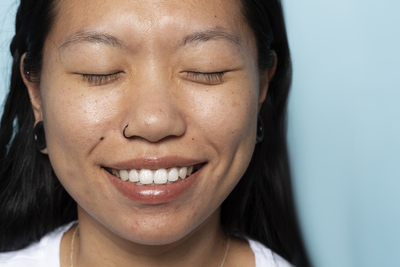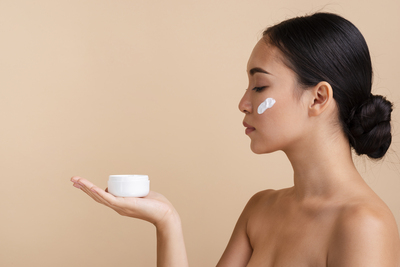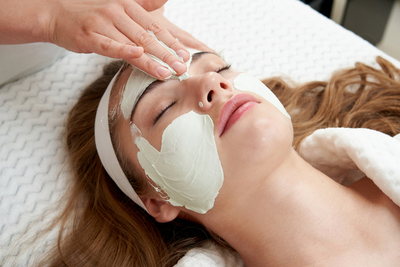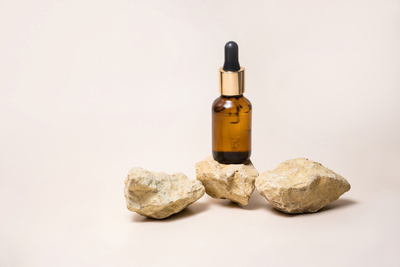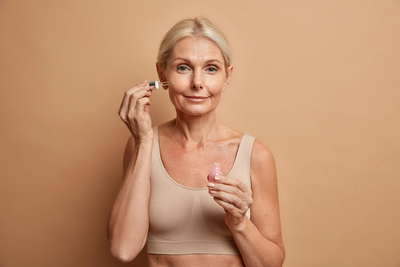These Ingredients Are Breaking You Out

Managing acne-prone skin can be tricky, especially when certain ingredients in skincare and makeup products can trigger breakouts or worsen irritation. Knowing what to avoid is a key step in building an effective routine. Research confirms that comedogenic ingredients, irritants, and occlusives can contribute to acne formation, making ingredient awareness essential for those with acne-prone skin (PubMed).
In this blog, we’ll cover the top ingredients to steer clear of and how SkinBuddy can help you tailor your skincare routine to prevent acne flare-ups.
Ingredients to Avoid for Acne-Prone Skin
-
Comedogenic Oils
Heavy oils like coconut oil and wheat germ oil can clog pores, leading to blackheads and breakouts. Research from PubMed highlights how oil-based formulations can increase acne lesions in susceptible individuals. Instead, opt for non-comedogenic alternatives like squalane or jojoba oil, which provide hydration without clogging pores. -
Alcohol (Denatured or SD Alcohol)
Often found in acne treatments for quick drying, alcohol can strip your skin’s natural oils, causing overproduction of sebum and increased breakouts. This disruption to the skin’s moisture balance can make acne worse over time. -
Fragrances (Synthetic or Natural)
Fragrances can irritate acne-prone skin, leading to redness and inflammation. Studies in PMC emphasize the role of irritants in exacerbating acne, and fragrances are among the most common sensitizing agents. Opt for fragrance-free products whenever possible. -
Silicones
Ingredients like dimethicone can trap dirt and oil in your pores, which may contribute to breakouts if not properly cleansed. While some silicones, such as cyclopentasiloxane, are lightweight and less likely to cause issues, double cleansing is crucial if you use silicone-based products. -
Harsh Exfoliants
Scrubs with large particles can cause micro-tears in your skin, aggravating acne and increasing inflammation. Instead, choose gentle chemical exfoliants like salicylic acid or lactic acid, which unclog pores without irritation. -
Heavy Butters
Ingredients like cocoa butter and shea butter are highly moisturizing but can clog pores for acne-prone skin. Opt for lightweight gel-based moisturizers instead. -
Isopropyl Myristate and Derivatives
Commonly found in moisturizers and makeup, isopropyl myristate is highly comedogenic and should be avoided if you have acne-prone skin. -
D&C Red Dyes
These synthetic dyes, often found in makeup, can irritate the skin and contribute to breakouts, especially on the cheeks and jawline. -
Thick Emollients
Products with petrolatum or mineral oil can feel greasy and exacerbate acne by forming an occlusive barrier that traps bacteria and sebum inside pores.
How SkinBuddy Helps You Avoid Acne-Triggering Ingredients
At SkinBuddy, we recognize that acne-prone skin is different from mild or severe acne. This distinction matters because each skin type tolerates different ingredients, and your skincare routine should reflect that.
Set Ingredients to Avoid
During onboarding or in your skin profile, you can specify acne-prone skin as your concern and list ingredients you want to avoid. SkinBuddy will tailor recommendations accordingly, helping you find products free of acne-triggering ingredients.
Ingredient Highlighting
With SkinBuddy, you can scan skincare or makeup products, and we’ll automatically highlight any ingredients known to clog pores or irritate acne-prone skin. This feature makes it easier to make informed decisions when shopping for skincare.
Discover Personalized Solutions
Our "Discover Ideal Match" feature allows you to find products designed specifically for acne-prone skin, ensuring they’re free of pore-clogging or irritating ingredients.
How It Works in SkinBuddy
-
Onboarding
Select acne-prone skin as your concern during the setup process, along with any specific ingredients to avoid. -
Skin Profile Updates
You can update your skin profile anytime to reflect changes in your acne concerns (e.g., mild, severe). -
Product Scanning
Scan products to instantly identify acne-triggering ingredients and see whether they suit your skin type. -
Tailored Recommendations
Use the "Discover Ideal Match" feature to browse products specifically suited for acne-prone skin.
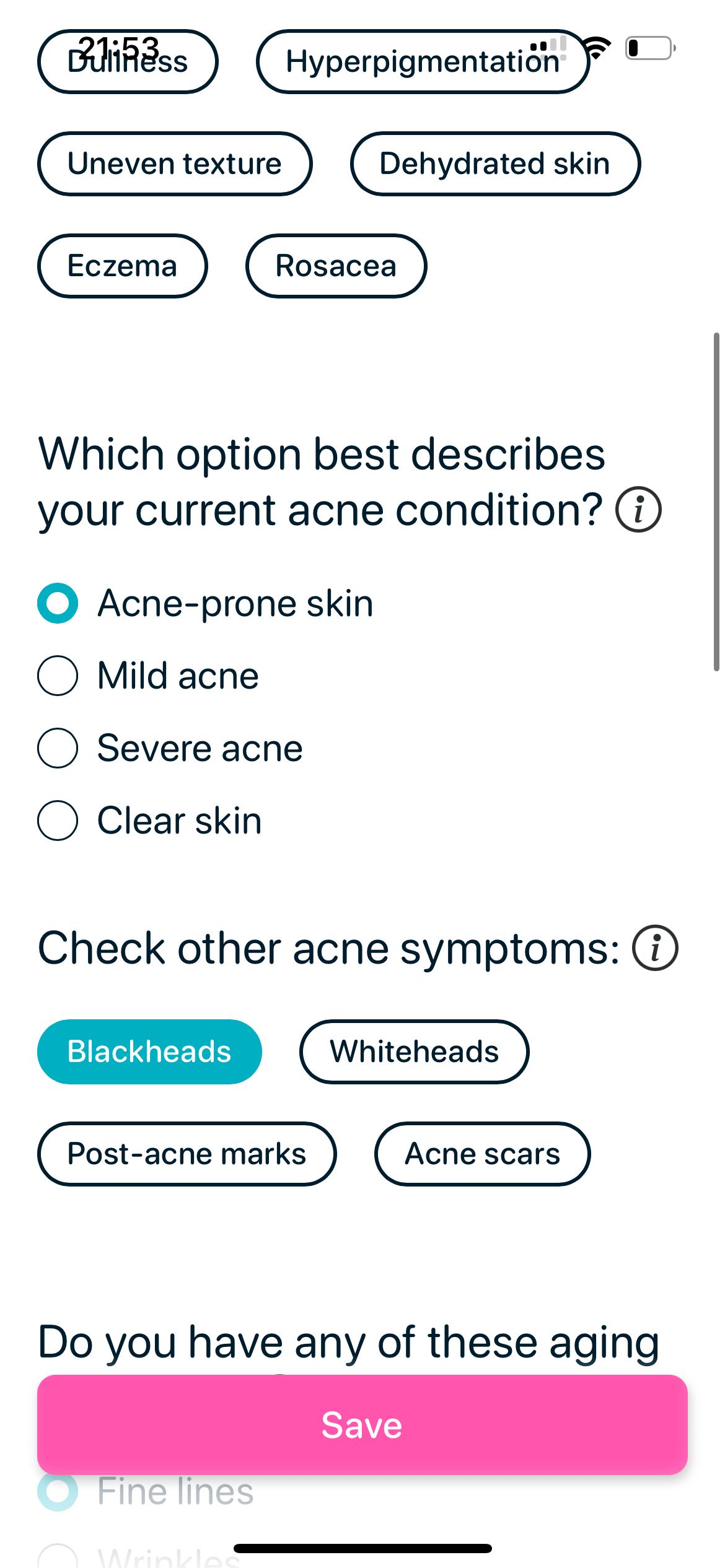
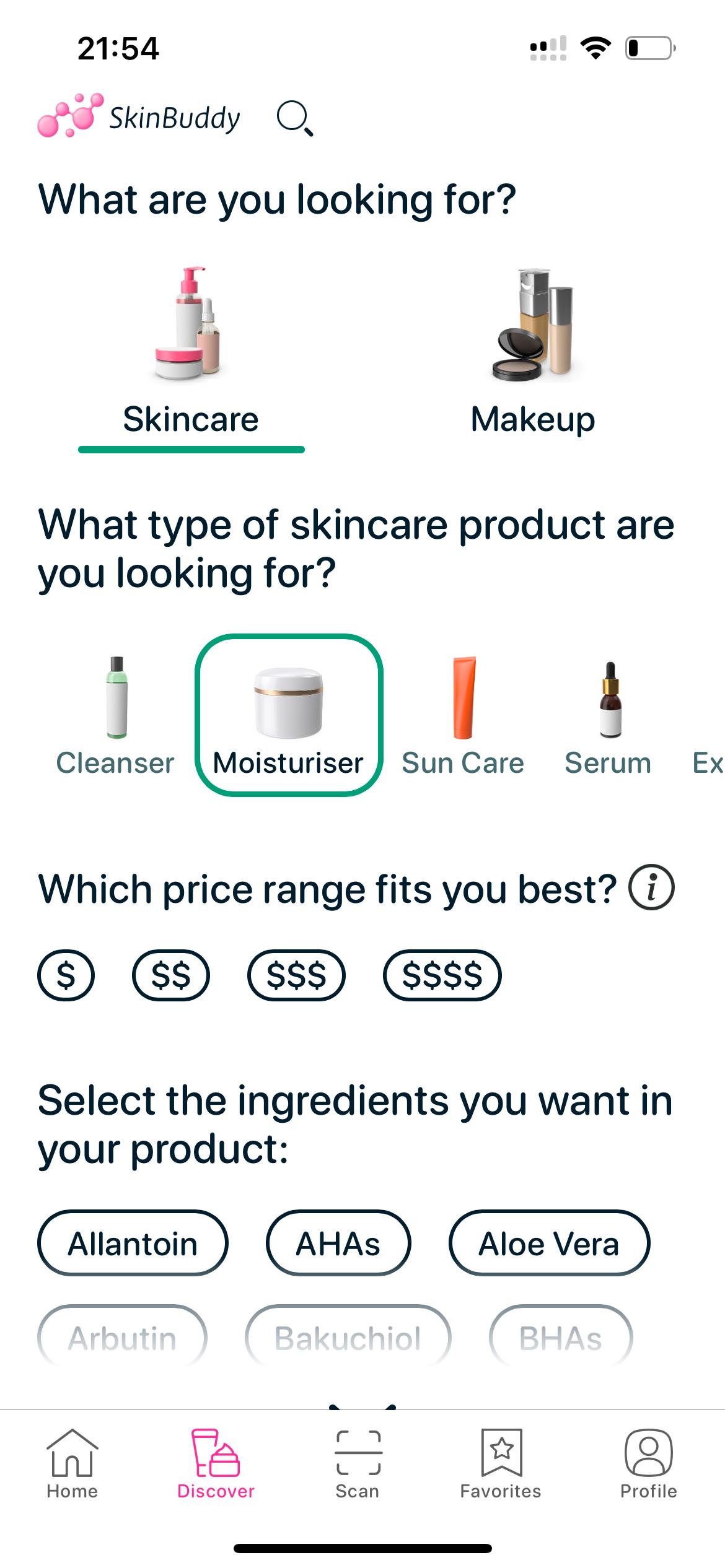
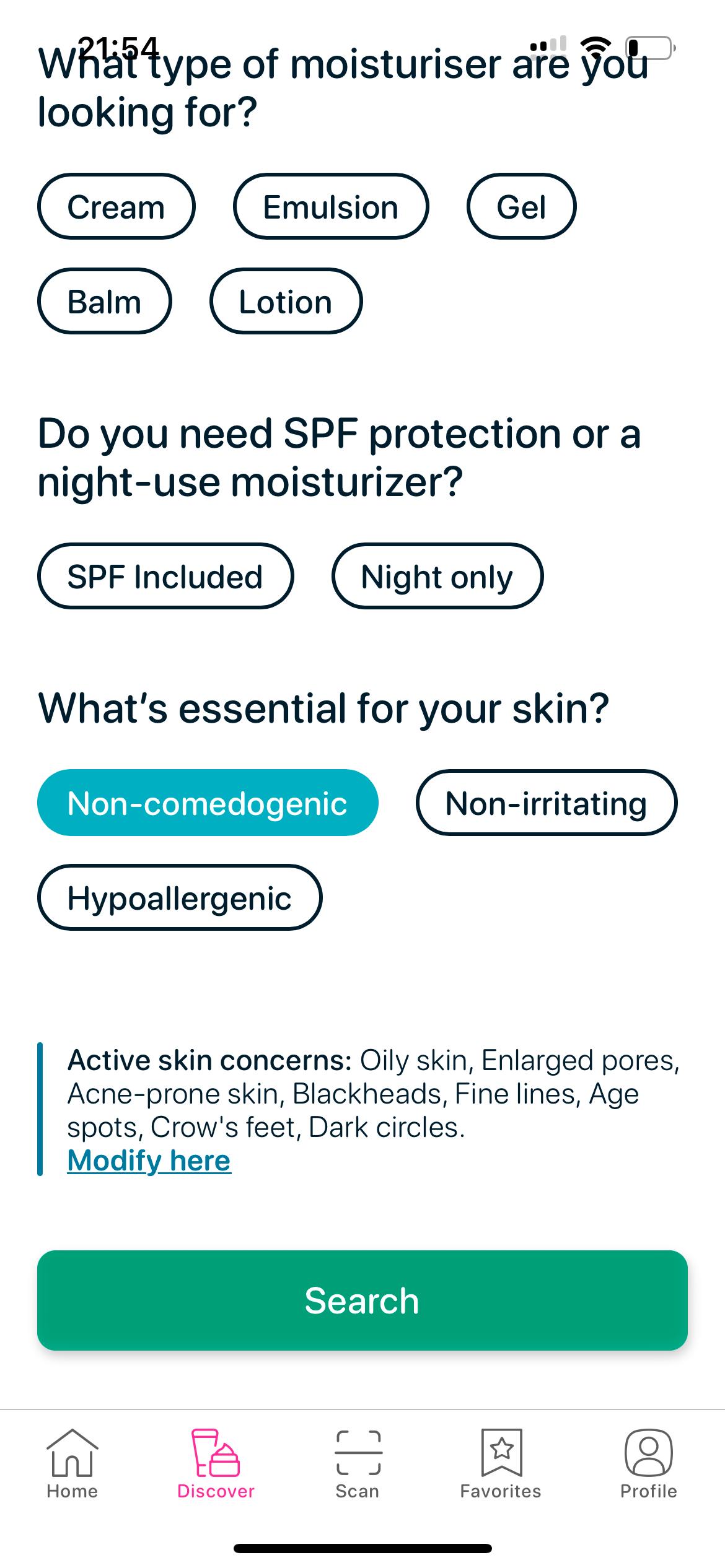
Try SkinBuddy to find out what works for your skin, and what doesn’t.
Scan your skincare, avoid pore-clogging or irritating ingredients, and discover smarter product matches. Open the web app or download the mobile app to get started.
or
Check Products OnlineCheck if your skincare suits your skin type, sensitivity, or acne-prone needs at skinbuddy.app and discover better options that match your routine and goals. SkinBuddy makes it easy, fast, and science-backed.
Scan to get started:

Web App (mobile only)

App Store & Google Play
FAQs About Ingredients and Acne-Prone Skin
-
Can I use oils on acne-prone skin?
Yes, but choose non-comedogenic oils like squalane or argan oil, which won’t clog pores. -
Are all silicones bad for acne-prone skin?
Not necessarily. While some silicones can trap dirt and oil, others like cyclopentasiloxane are lightweight and less likely to cause breakouts. Always double cleanse if you use products with silicones. -
How quickly can I see improvements by avoiding these ingredients?
Results vary, but many people notice reduced breakouts within 2-4 weeks of switching to non-comedogenic, acne-friendly products.
Final Thoughts
Choosing the right products for acne-prone skin starts with avoiding ingredients that can clog pores or irritate your skin. SkinBuddy makes this process easier by tailoring recommendations and highlighting potential triggers, ensuring you have a routine that works for your unique needs.
Ready to take control of your skincare routine? Download the SkinBuddy app today and discover products designed specifically for acne-prone skin!



